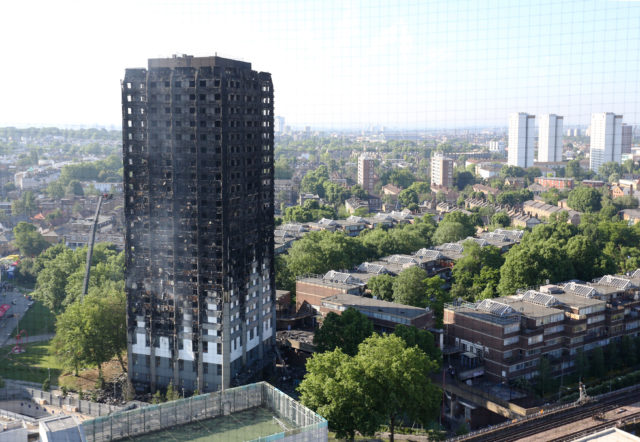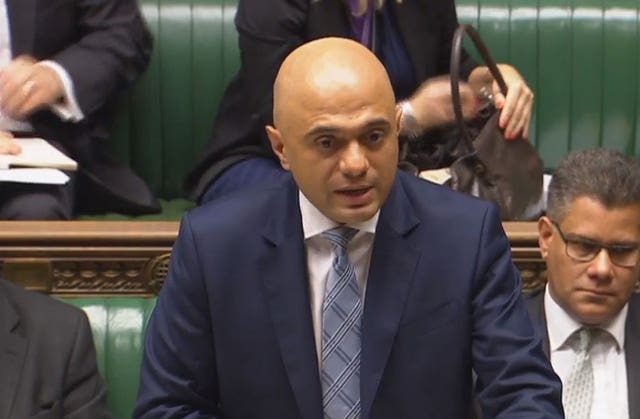
Ministers must “make buildings safe without delay” by paying for the removal of flammable cladding to avoid another Grenfell-style disaster, an MP has said.
Labour MP Steve Reed asked Communities Secretary Sajid Javid to “do the right thing”, after it emerged residents of a privately owned block in his south London constituency face a £2 million bill to replace its Grenfell-style cladding.
Leaseholders at Citiscape in Croydon, which has aluminium composite material (ACM) panels, thought to have fuelled the fire at Grenfell Tower, say they cannot afford the costs.

The frightened residents have been told by their property management company that the cost of a new cladding system for the 10-storey block will likely be covered through service charges, which would be borne collectively by leaseholders.
They now find themselves in “the appalling situation of living in flats that they know are at risk of going up in flames, but unable to take any action to keep their homes and their families safe”, Mr Reed said.
In a letter to the Communities Secretary, he wrote: “We cannot risk any repeat of the Grenfell Tower tragedy. This is a moment for the Government to step in and protect people who feel they may be living in a deathtrap.
“Instead of dealing with buildings with flammable cladding on a case by case basis, it would be helpful to have some urgent clarity from Government on how these cases will be dealt with.
“Only the Government can break the logjam that is preventing the urgent removal of this dangerous cladding. I hope you will now do the right thing.”

It is not enough to call on the responsible person to take action, he said, because in many cases, it was unclear who that was.
He urged the Government to fund the safety works in full “in recognition of the apparent failings of the building regulations regime at the time the cladding was put up”.
Alternatively, he said, the Government could waive VAT to make the charges more affordable, or seek to recover the costs after work has taken place via a loan and repayment scheme.
Statement from the Independent Expert Advisory Panel on cladding tests following the #GrenfellTower fire. https://t.co/9T0dVyyiGJ
— Ministry of Housing, Communities and Local Govt (@mhclg) June 30, 2017
The building is one of 228 across the country which failed fire safety tests carried out by the then-named Department for Communities and Local Government in the weeks after the Grenfell fire, in which 71 people died.
FirstPort Property Services, the building’s property manager, was advised in August that measures should be taken to replace the cladding.
A hearing at a first-tier property tribunal will take place on February 6 to determine where the costs should fall.
An Ministry of Housing, Communities and Local Government spokesman said: “Keeping people safe in their homes is paramount. We are clear we want to see private sector landlords follow the lead of the social sector and not pass on the costs of essential cladding replacement to leaseholders. We are keeping the situation under review.”


Comments: Our rules
We want our comments to be a lively and valuable part of our community - a place where readers can debate and engage with the most important local issues. The ability to comment on our stories is a privilege, not a right, however, and that privilege may be withdrawn if it is abused or misused.
Please report any comments that break our rules.
Read the rules here